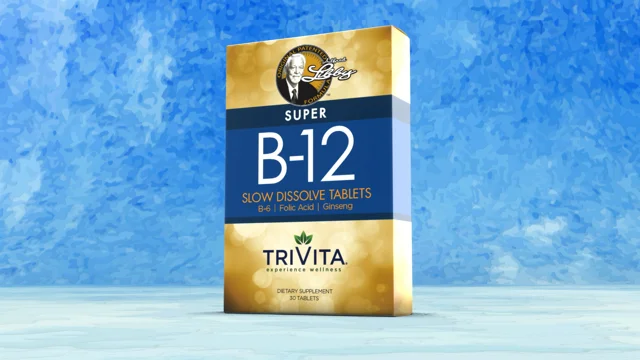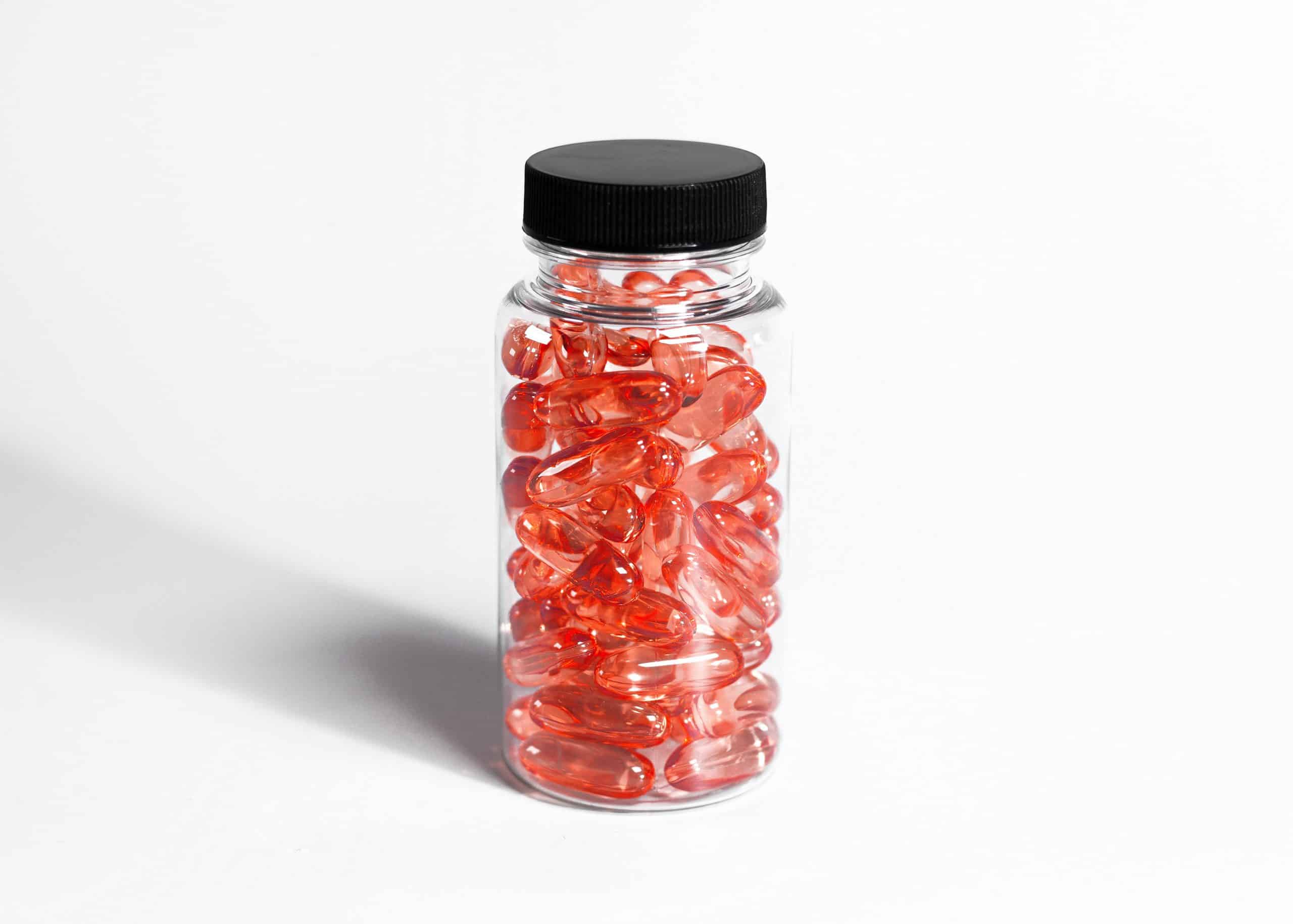As we age, the single most beneficial thing we can do for our health is to eat a balanced diet. It is important to choose foods that nourish bones and muscles, support a healthy heart and brain while avoiding an unbalanced diet that will rob you of your vitality.
A nutritious diet should include a wide variety of fruits and vegetables, whole grains and legumes, nuts, seeds, healthy fats and proteins. If you often find yourself reaching for premade or packaged meals, fast-food takeout or other sources of empty calories, you may be lacking essential vitamins in your diet that contribute to premature aging, accelerate bone and muscle loss, increase the risk of cardiovascular disease and promote weight gain.
Below, are five essential nutrients to help you maintain optimal health after 40.
Vitamin D
Over the last decade, the use of vitamin D supplements has increased substantially.
Research has shown that getting enough of this vitamin can help prevent musculoskeletal decline, fight depression and lower your risk of dementia.
If you live in a cold climate or don’t spend much time outdoors, chances are you do not get enough vitamin D from the sun, but there are other factors at play;
Harvard Health says that as we grow older, our bodies become less efficient at producing vitamin D.
Spending more time outdoors can help optimize your vitamin D levels, but it is also important to eat foods fortified with vitamin D such as fortified milks and cereals as well as fatty fish. If you struggle to get the recommended 600 IU daily from sunlight and diet alone, take a
vitamin D3 supplement.
Vitamin B12
Vitamin B12 is required for red blood cell formation, neurological function and a healthy nervous system. If you are vegan, have a gastrointestinal disorder, pernicious anemia or over the age of 40 you’ve probably been told that you have a higher risk of vitamin B12 deficiency.
Getting enough vitamin B12 after 40 can help
support heart health, enhance energy and boost mood and keep your brain healthy. Strive to get 2.4 mcg of
vitamin B12 per day from whole foods and supplements.
Omega-3s
While omega-3s are not a vitamin, they deserve mention.
Omega-3 fatty acids are essential fats because the body cannot produce them on its own. Most North Americans take in far more omega-6 fats than omega-3 fats, which scientists suggest could pose certain health risks.
The omega-3s are essential especially as you age.
Research has shown they can help maintain a healthy heart, fight inflammation and support healthy brain development and function.
Foods high in omega-3s include fatty fish, walnuts and flaxseeds. If you can’t get 250-500 mg of omega-3s per day from your diet, supplementing is a wise choice.
Magnesium
The risk of developing cardiovascular diseases increases after the age 40, and getting enough magnesium may help lower your risk of developing these diseases.
In
one study, researchers found that individuals who supplemented with 368 mg of magnesium daily, for three months reduced their blood pressure by 1.8mm Hg. Maintaining healthy blood pressure can help prevent heart attacks, stroke and reduce the risk of kidney failure.
Despite the importance of magnesium,
nearly half of the US population consumes less than the required amount from food. To meet the daily recommended intake, include magnesium-rich foods such as spinach, almonds and dark chocolate in your diet, and consider adding a
high-quality supplement.
Potassium
Potassium is the third most abundant mineral in the body and is vital for improving health and maintaining a healthy lifestyle. Consuming adequate amounts of this nutrient helps protect against
high blood pressure, cardiovascular disease, bone loss and may reduce the risk of kidney stones.
According to
research, high intake of potassium among postmenopausal women can bolster bone density and prevent osteoporosis.
Experts recommend 4,700 mg of dietary potassium per day for adults, but the average intake among men and women is far less. Eat fresh and minimally processed foods, and include a
daily supplement to meet your daily intake.
A healthful, well-balanced diet that is rich in vitamins, minerals and nutrients is one of
TriVita’s Essentials for Health and Wellness; however many older adults may have a difficult time sticking to a healthy diet due to reduced appetite, difficulty chewing or limited access to affordable healthy foods. Whole foods should serve as the primary source for nutrients; you might also consider supplements when necessary to fill in any gaps in your diet.











Great post, and looking forward to getting the B12 in my next order… 🙂